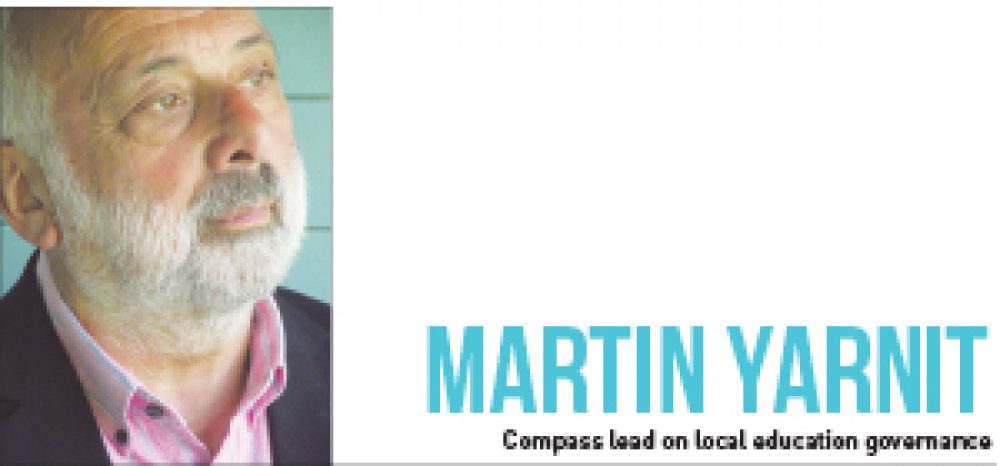The FE sector has been hit hard by tightening Treasury purse strings, prompting 157 Group policy, PR and research director Andy Gannon last week to call for a new defence against further cuts based on a moral dialogue. His argument has won the backing of Martin Yarnit.
Andy Gannon from the 157 Group wondered last week whether FE people should talk more about why they do what they do and take a moral stance on the purpose of education itself.
I wholeheartedly agree — that’s the starting point for the current review of the future of education led by Compass, the progressive campaigning group, and the National Union of Teachers.
The FE sector is a complex mystery to most people, including its students and policy-makers (who have rarely experienced it first hand), unlike schools and universities whose role is clearer.
Yet, as the political climate becomes more welcoming to discussion about social mobility and social cohesion, FE has a great story to tell about young people and adults.
It is also the embryo for a coherent system of lifelong learning for anyone aged 14-plus — surely the educational goal of a modern, civilized society?
But that story must begin with the values FE espouses and the kind of society it wants to help create, we would argue.
Increasingly, we find ourselves no longer alone in arguing for the social as well as the economic value of learning and in making the case for FE’s distinctive contribution
That — rather than endless tinkering with funding formulae and qualifications — has to be the basis for a reforming vision for FE.
Central to this is a new division of labour between government — responsible for setting a strategic framework and national priorities — and local partners, most notably FE institutions and private training providers, determining the best way of meeting local needs, with the active involvement of students, staff and employers.
Alongside this are recommendations about local democratic accountability, funding, curriculum and qualifications and professional development.
Of course, there is only so much that can be done to compensate for the deficiencies of the labour market and industrial policy, but this would be a useful starting point for improvement.
Our aim has been to set out new directions which make sense for students and employers as well as the practitioners and even the policymakers.
We need a compelling case for investing in education when the prevailing winds have a dangerous cutting edge.
Increasingly, we find ourselves no longer alone in arguing for the social as well as the economic value of learning and in making the case for FE’s distinctive contribution.
The Coalition is still relentlessly utilitarian in its approach and Labour seems fearful of anything smacking of a moral stance but it is being left behind. But the Confederation of British Industry, for example, sets a different tone.
According to its 2013 report Tomorrow’s growth: New routes to higher skills, “While our changing economy makes higher skills levels an economic imperative, raising skill levels is also central to tackling inequality and promoting social mobility…investing in skills is far less costly in the longer run than meeting the bill for the poorer health, lower incomes, unemployment and social exclusion associated with lower skills.”
Two years ago, when we began our review, we were very much a lone voice, but now there is a growing chorus of voices calling for serious investment in FE and the development of academic and vocational routes of equal standing.
Martin Yarnit,
Compass lead on local education governance
———————————————————————-
Mr Yarnit describes Compass as a “democratic left group that campaigns for a good society based on social justice, sustainability and equality”.









Your thoughts